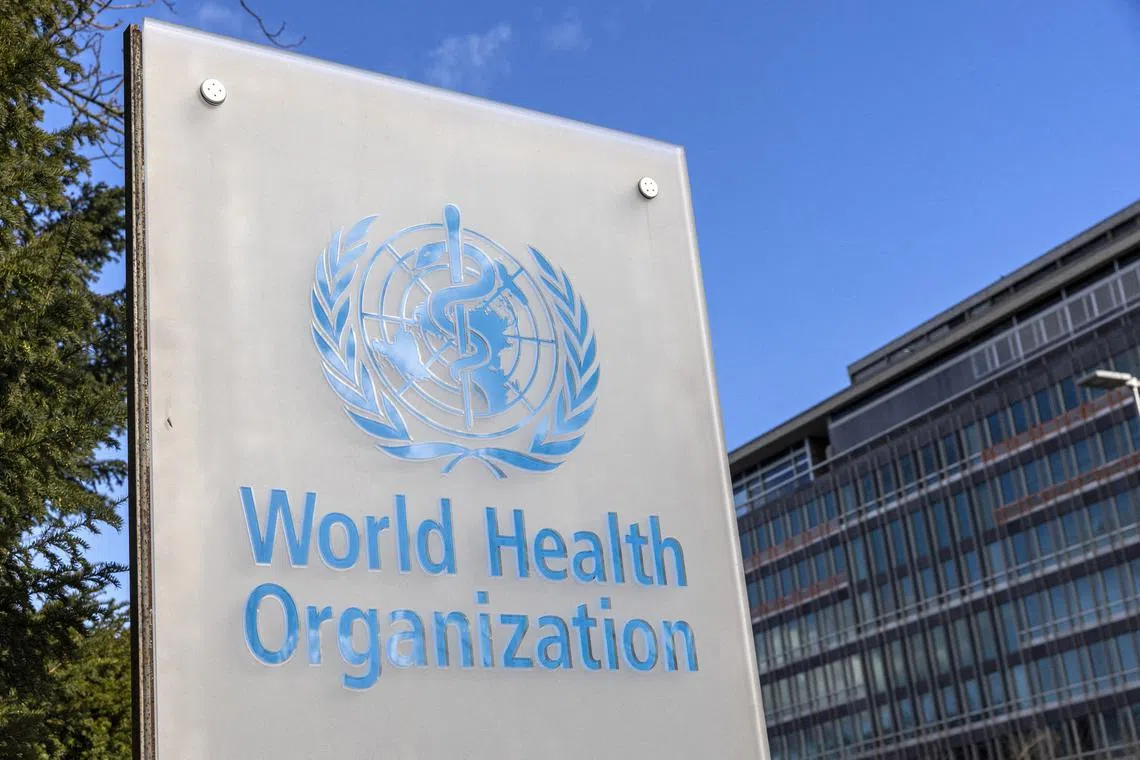Nearly a quarter of adolescent girls suffer partner violence, WHO study finds
Sign up now: Get ST's newsletters delivered to your inbox

The WHO analysis was based on surveys from thousands of adolescent girls aged between 15 and 19 from 154 countries and areas.
PHOTO: REUTERS
GENEVA – Around a quarter of adolescent girls who have been in relationships have endured physical or sexual violence, a World Health Organisation (WHO) study said on July 30, calling for more preventive actions.
The WHO analysis published in the Lancet medical journal was based on surveys of thousands of adolescent girls aged between 15 and 19 from 154 countries and areas. It showed that 24 per cent of them had been subjected to intimate partner violence at least once, with 16 per cent reporting it in the past year.
Lead study author Lynnmarie Sardinha said the analysis was motivated in part by a concern that younger women were “falling through the cracks” and not receiving support.
“I was extremely surprised to see what a huge percentage of adolescent girls basically are already being subjected to violence, even before their 20th birthday,” she said. “We are behind where we should be.”
The data was based on surveys conducted between 2000 and 2018. Dr Sardinha said data gathered since then was still being verified and appeared to show there had been only a “very slight decline”.
The acts of violence counted in the survey included kicking or hitting as well as any unwanted sexual act, such as rape or attempted rape.
The data, broken down by country and region, showed a high correlation between violence and women’s rights, with states where there are unequal inheritance laws and girls and women had limited access to education showing higher violence levels.
The rates were highest in Oceania, followed by Africa, with 49 per cent of girls reporting intimate partner violence in Papua New Guinea and 42 per cent in the Democratic Republic of the Congo, the analysis showed. The lowest rate was in Europe where 10 per cent reported incidents.
Dr Pascale Allotey, director of WHO’s sexual and reproductive health and research department, said: “Given that violence during these critical formative years can cause profound and lasting harms, it needs to be taken more seriously as a public health issue – with a focus on prevention and targeted support.” REUTERS


